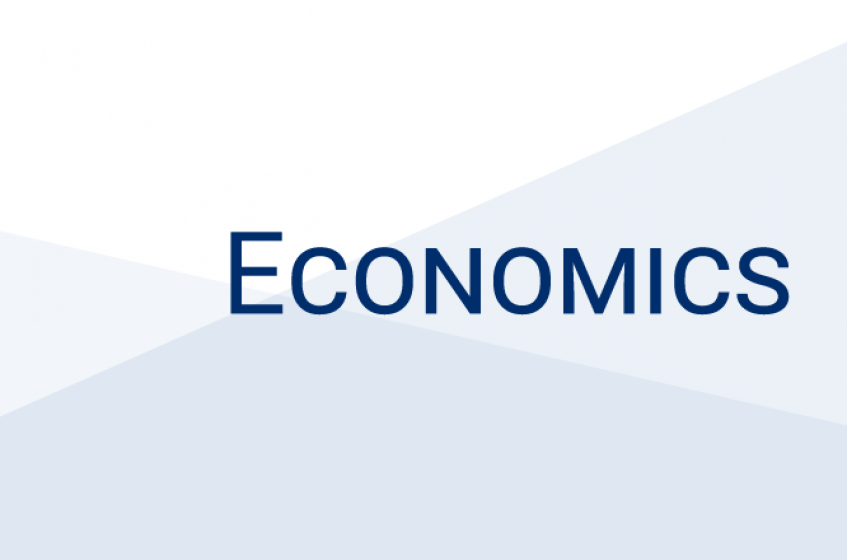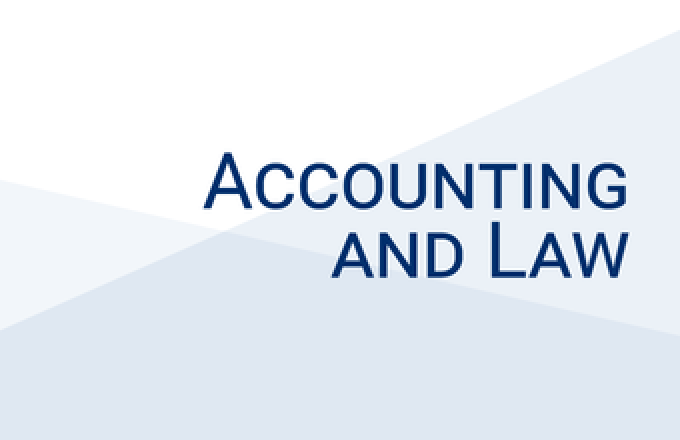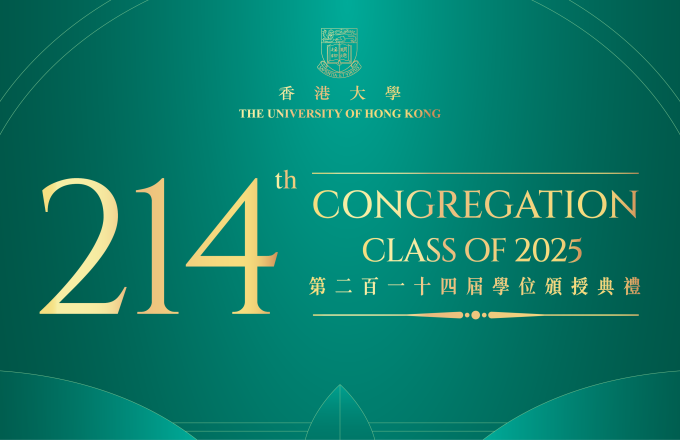
Scores, Camera, Action? Incentivizing Teachers in Remote Areas
Dr. Arya Gaduh
Associate Professor of Economics
Sam M. Walton College of Business
University of Arkansas
Poor teacher accountability leads to poor education quality, especially in remote schools that are costly to supervise. We report the result of a randomized evaluation of three interventions that established a Social Accountability Mechanism (SAM) which facilitated a joint commitment between schools and community members to improve learning. Based on this commitment, teacher-specific scorecards were developed and used by a (newly formed) user committee to assess and rate teacher performance. In addition, two out of three treatments (SAM+Cam and SAM+Score) augmented the SAM treatment with a performance pay of a government allowance for teachers working in remote areas of Indonesia. In SAM+Cam, the allowance was made dependent on teacher presence, which was monitored with a tamper-proof camera and verified by the user committee. In SAM+Score, the overall rating on the scorecard by the user committee determined the allowance.
After one year, we find improvements in learning outcomes across all treatments; however, the strongest impact of 0.20 standard deviation were observed for SAM+Cam. We also find a small positive impact on the effort of affected teachers for SAM+Cam and SAM, and significant positive improvements on parental investments on their children’s education in all treatments. For SAM and SAM+Cam treatments, we collected additional data in the second year (i.e., one year after project facilitators left). We find that the impacts on learning outcomes and parental investment, but not teacher effort, persisted into the second year for SAM+Cam.










